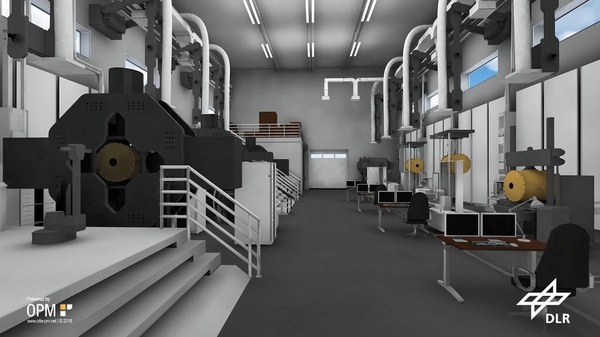Advances in sensor technology and data analysis are now providing precise insights into the operating status of aircraft engines. This enables early detection of failures and extends the service life of the systems through targeted maintenance. The use of these methods not only improves the efficiency of the systems, but also increases their reliability. In addition, increasingly accurate and rapid simulation techniques, combined with multidisciplinary approaches, enable the complex challenges of developing new diagnostic methods to be addressed efficiently. Integrating these methods into life-cycle models improves the accuracy of long-term predictions of reliability and maintenance requirements. Optimised maintenance strategies based on profound diagnostic and prognostic methods can significantly reduce operating costs while increasing reliability. This is a key competitive advantage for industry, as downtime and unexpected repairs represent a significant financial burden.
New diagnostic methods: analyse operational fatigue and adapt maintenance strategies
As part of the research project, German Aerospace Center (DLR) will develop methods for condition monitoring and prognosis for aircraft engines, electric propulsion systems and unmanned aerial systems, and integrate them into life-cycle models. Detailed analyses will be carried out to better understand the effects of operational wear on components and the overall system. The focus is on recording and evaluating the changes caused by wear. Initially, numerical and experimental models will be developed to represent wear phenomena and failure scenarios. Using these models, the project team generates operational data that is processed, managed and prepared for further analysis via a digital platform. Based on this data, diagnostic methods will be developed that can detect anomalies at an early stage and assess critical conditions in the overall system or subsystem. At the same time, the project will develop forecasting methods to predict the progression of component wear, enabling a predictive maintenance strategy.
Condition monitoring research requires close collaboration between different departments due to the highly interdisciplinary nature of the work. To manage this complexity, a digital platform is needed that automates workflows between models and promotes efficient collaboration. GTlab, a software solution developed at the German Aerospace Center, provides such a platform. It makes it possible to link models from different disciplines and to exchange results consistently.
Running Time
01.2025 - 12.2027
Funding
DLR-Projekt
Keywords
Prädiktive Wartung, Antriebe, Zustandsüberwachung, Verschleißprognose, Maschinelles Lernen










